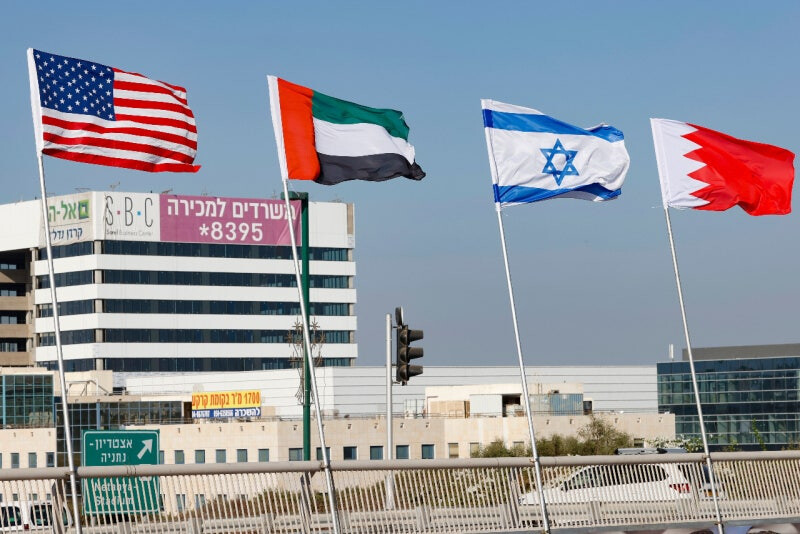
WASHINGTON D.C. - The Abraham Accords, a landmark initiative fostering normalization of relations between Israel and several Middle Eastern nations, are on the cusp of further expansion, according to a top U.S. diplomat. Speaking at the Israeli Embassy's Independence Day reception, U.S. Special Envoy for the Middle East Steve Witkoff hinted at imminent announcements of new participating countries, fueling anticipation across the region.
"Very soon, there will be some or many announcements" regarding the Abraham Accords, Witkoff stated on Monday, offering a strong indication that the diplomatic framework championed during the first term of a previous U.S. administration is set to broaden its reach. While the envoy refrained from naming specific nations, his comments have ignited speculation about which Arab states might be the next to forge ties with Israel.
The Abraham Accords, initially brokered with the UAE and Bahrain, subsequently saw Sudan and Morocco normalize relations with Israel, marking a significant shift in the Middle East's traditional dynamics. Now, renewed momentum appears to be building, particularly as a prominent figure in the accords' inception prepares for a significant trip to the Middle East.
From May 13th to 16th, the individual who spearheaded the initial agreements is scheduled to visit Saudi Arabia, Qatar, and the UAE. This marks their first overseas tour since their second term concluded and is widely seen as a pivotal moment to understand their ongoing commitment to the Abraham Accords and their broader Middle East policy.
Even under the subsequent U.S. administration, efforts to encourage normalization between key players like Saudi Arabia and Israel have continued. Saudi Arabia's position as the custodian of Islam's holiest sites lends it immense religious and political sway in the region, making its potential inclusion in the Accords a game-changer for Middle Eastern security and diplomacy.
Analysts suggest that the upcoming trip could provide a platform for tangible progress in Saudi-Israeli normalization talks. The visitor's historical involvement in establishing the Accords underscores the significance of this tour.
While Saudi Arabia has historically been cautious about formalizing ties with Israel, shifting regional security dynamics, including concerns over Iran's nuclear program and broader instability, are reportedly prompting a re-evaluation of its diplomatic strategies. The need for new security alliances is becoming increasingly apparent.
Should Saudi Arabia decide to join the Abraham Accords, it could trigger a domino effect, potentially encouraging other Islamic nations to reconsider their stance on relations with Israel. This could, in the long term, contribute to greater peace and stability in a historically volatile region.
However, significant hurdles remain. Differences in approach to the Palestinian issue, potential domestic opposition within Saudi Arabia, and the influence of regional rivals could all pose challenges to the normalization process.
Despite these obstacles, the optimistic pronouncements from the U.S. Middle East envoy, coupled with the impending high-level visit, have injected a renewed sense of optimism regarding the future of the Abraham Accords. The coming days could prove decisive in shaping the Middle East's trajectory, with international attention firmly fixed on the unfolding diplomatic engagements.
[Copyright (c) Global Economic Times. All Rights Reserved.]






























